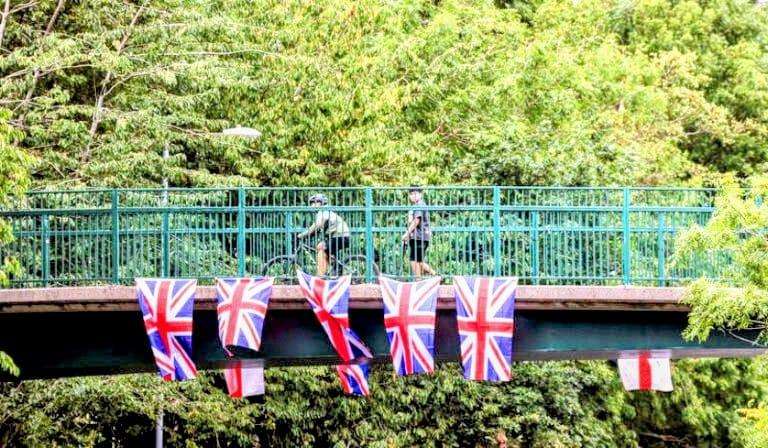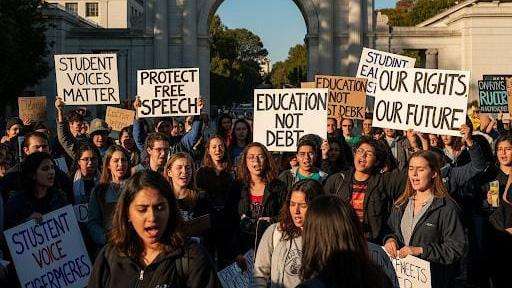A wave of red and white St George's Cross flags, alongside the Union Jack, has spread across England's streets, sparking a national conversation about patriotism and its modern meaning. The flags are part of a grassroots campaign called "Operation Raise the Colours," which supporters, including the Birmingham-based Weoley Warriors, describe as a movement to express pride in their country and its history. However, for many others, including diverse communities, the flags are an unsettling symbol of rising anti-immigrant and exclusionary sentiment.
A Symbol of National Pride
For those involved in the campaign, the flags are a simple and powerful way to celebrate English culture. The Weoley Warriors, who have raised over £10,000 through a fundraising page, state their goal is to show how "proud we are of our history, freedoms and achievements." They insist their campaign is a positive, inclusive movement that unites people from all backgrounds who share a love for their country.
This sentiment is echoed by some residents. Livvy McCarthy, a 32-year-old bartender in London, expressed her confusion over the controversy, stating, "It's our flag, we should be able to feel proud to fly it. Every other country can do the same, so what's the problem?"
A History of Division
The use of these flags, particularly outside of national sporting events, is not without historical baggage. In the 1970s, the Union Jack was adopted by the far-right National Front, while the St George's Cross has been used by English football hooligans and extremist groups. This history means the flags can evoke different feelings depending on a person's background.
Stanley Oronsaye, a 52-year-old from Nigeria living in the diverse borough of Tower Hamlets, feels uneasy about the flags. While he respects the right to free expression, he worries that the current display could "escalate" into something more sinister, a sentiment also shared by Shriya Joshi, a 26-year-old from India.
Political and Social Context
The flag campaign has gained momentum during a summer dominated by debates over migration. A YouGov tracker shows that since late June, immigration has surpassed the economy as the biggest concern for voters. The flag displays have coincided with a wave of protests outside hotels housing asylum seekers, with some protesters using the flags as a backdrop. For example, a St George's flag emblazoned with "The English began to hate; Deport all illegals" was seen at a protest outside the Britannia Hotel in Canary Wharf.
The movement has also received support from prominent political figures, including Nigel Farage and leading Conservative politician Robert Jenrick, who described councils removing the flags as "Britain-hating." In response to the growing controversy, a spokesperson for Prime Minister Keir Starmer stated that while the prime minister views flags as symbols of national heritage, he acknowledges that some people are using them to cause conflict.
The clash over the flags highlights a deepening divide within England over national identity and community. While one side sees a celebration of heritage, the other sees a symbol of exclusion, demonstrating how a simple symbol can become a flashpoint for complex social and political tensions.

_3.jpg)





.svg)

